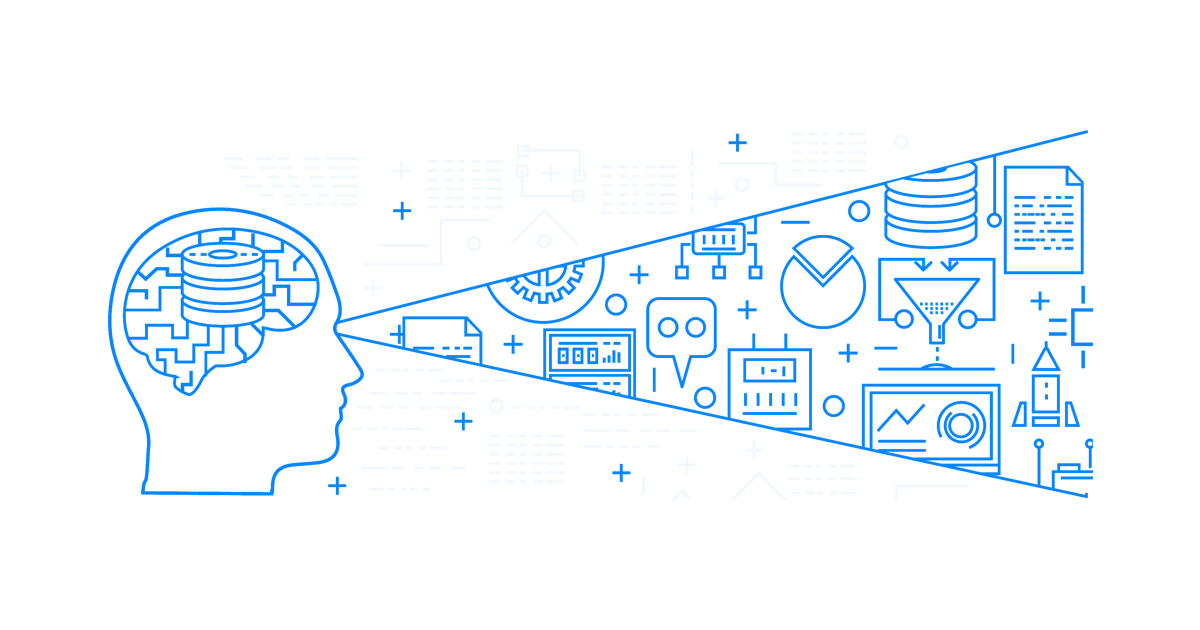There is no time like the present to future-proof your businesses.
During the late 1760s, a number of extraordinary innovators in Manchester changed the course of history forever. Their ‘Great Industrial Revolution’, a phase of entrepreneurial advancement and rapid change that spawned a century of innovation, has shaped the world we live in today. And it’s about to happen all over again.
The world is again on the cusp of changes that will be as dramatic as the original industrial revolution. This new period will see exponential rates of innovation and will also overhaul the way we work, shop, commute and relax. In this New Industrial Revolution, giant factories will be replaced by data farms and the steam that once thickened the air will turn into data clouds that will power devices, apps and products, which ultimately simplify our lives and enhance our quality of life.
Whereas the original industrial revolution utilised machines to mass produce goods that were universally accessible, the modern industrial era will make products that are individually useful. The focus will move from quantity to utility and from consumerism to value-adding consumer centricity.
So what’s driving these changes? The answer is ‘Disruptive Innovation’, which is defined as creating, and eventually disrupting, a new market and value network, displacing established market leaders and alliances. They are maverick brands like Uber who ignore the status quo and redefine categories wherever and whenever they see an opportunity to do so.
Fuelled by a vision to produce value for consumers, they operate in stealth, popping up out of nowhere to deliver well-conceived solutions to problems we barely realised we had. In fact, companies who fail to anticipate their consumers’ future demands today are unknowingly attempting commercial suicide.
The good news is that you can prepare yourself for the New Industrial Revolution by adopting a future-proofing mentality today. What does this mean concretely?
* Adopt a ‘Consumer First’ mentality
In the past, we focused on mass production and accessibility. In the future, successful brands will be the ones that invest into R&D to create high quality products that serve real consumer needs, not just the objectives of shareholders. Take Tata Nano, for example, who has redefined the automobile for Indians by providing fully functioning cars for just $2,000 (Dh7,346).
Expect the unexpected: The lack of foresight has long been a recipe for failure. Nokia is a classic example of a brand caught napping on the innovation front and losing its dominant marketshare in the mobile handset segment. Nokia’s former CEO once stated the mobile internet should remain “ … under control of the mobile industry and not the computer makers”.
Obviously Steve Jobs disagreed and began developing the iPhone, one of the biggest disruptive innovations of our time.
* Structural and cultural flexibility
The principles of mechanisation that allowed mill owners to replace powered tools with large-scale machines are surfacing again in the New Industrial Era and companies will need to have structural agility in order to adapt. Disruptive innovations aren’t always welcome with open arms, like when Lancashire cloth makers smashed the prototype of the ‘Spinning Jenny’ weaving machine in 1764 or when Parisian taxi drivers set fire to Uber cars last June.
The on-demand economy and the rise of artificial intelligence will lead businesses to either re-skill or lay off employees, as a result of the necessary implementation of new business models.
* Be nimble and quick
The smart companies of today and tomorrow are the ‘quicker, better and consistent’ ones that push beyond existing market conventions when creating products. They have the ability to adapt products to the changing needs of the consumer in real time. Brands like Emirates and Etihad have consistently invested in their product and made it their mission to go beyond expectation and innovate, much to the dismay of their Western competitors.
Transforming and making the brand experience ever more in line with changing consumer expectations is a key way to future-proofing one’s business.
* Be mindful of past lessons
Across the north of England, there are many remnants of factories alongside grand marble buildings of imposing stature, all reminders of the past glories of industrialists of the last industrial revolution. The modern-day equivalent can be seen on the plains of the Apple Campus in Cupertino or at Tesla’s Gigafactory, currently under construction in California.
However, these marble buildings and converted factories of the past, every one a glorious monument of progress in its time, also remind us that even the glory days can end.
There has never been a more turbulent or exciting time to be working in marketing. Today’s disruptive innovators are shaping our future in ways we haven’t seen yet. If 65 per cent of the jobs our children will perform haven’t even been created yet, in which disruptive, or disrupted, industry will they work?
Will yours be one of them? To make sure you are, start future-proofing your business today.
The article featured November 17th in Gulf News. The article can be found here


